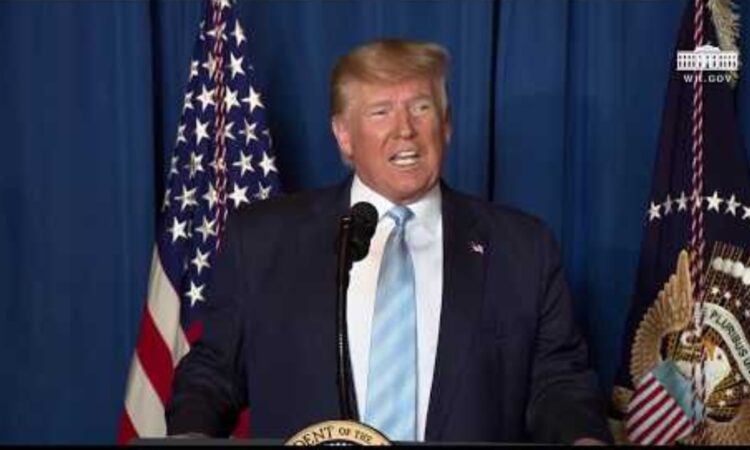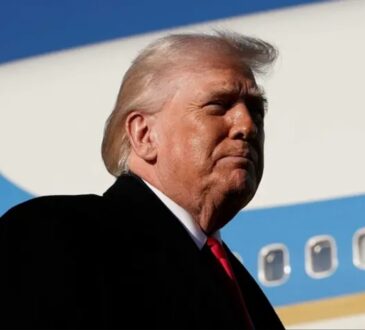
Over the weekend, Texas Congresswoman Jasmine Crockett expressed strong frustration over the recent U.S. military airstrikes in Iran. The strikes were reportedly ordered by President Donald Trump and targeted several locations connected to Iran’s nuclear weapons development program.
These attacks happened late Friday night, and according to U.S. officials, they were meant to stop Iran from enriching uranium to a level that could be used to build nuclear weapons. The officials claim that Iran’s ability to continue this kind of nuclear development has now been seriously damaged.
Crockett, however, took issue not just with the strikes themselves, but with the process behind them. In a video that quickly spread across social media, she voiced her anger about being left out of such an important national decision. She made it clear that decisions about going to war should not be made by the president alone.
According to the U.S. Constitution, Congress has the legal responsibility to approve military actions and declare war. Crockett said she’s tired of being sidelined when it comes to these high-stakes choices, pointing out that lawmakers like her are elected to represent the people and should be given the chance to vote on whether or not the country should go to war.
She didn’t hold back her emotions, using strong language to emphasize how serious she believes this issue is. Her message was simple: no single person, not even the president, should have the power to take the country into war without consulting Congress. Crockett feels that this kind of unilateral decision-making is dangerous and undermines the democratic process.
Her comments highlight a long-standing debate in American politics about the balance of power between the president and Congress when it comes to military action. Over the years, many presidents have ordered military strikes without getting formal approval from Congress first, often arguing that immediate action was needed.
But many lawmakers, like Crockett, say this trend needs to stop. They argue that bypassing Congress weakens the checks and balances built into the U.S. government and puts too much power in the hands of one person.
Crockett’s remarks also reflect a broader concern among some members of Congress who feel that their voices are being ignored when it comes to major foreign policy and national security decisions.
She’s demanding that the constitutional process be respected, and that elected representatives be given the opportunity to debate and vote before any future military actions are taken.
This latest development is part of a larger and ongoing tension between the executive and legislative branches, especially when it comes to matters of war and peace.
Crockett’s comments have sparked both support and criticism, with some praising her for standing up for congressional authority, and others saying the president acted appropriately to protect national security.
Regardless of where people stand, her words have added to the growing conversation about who really gets to decide when the United States goes to war.




